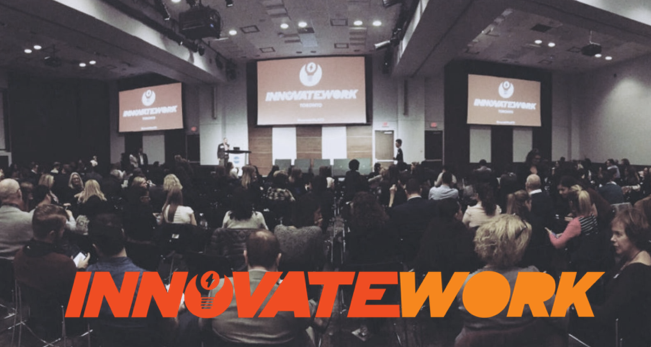
It is important for an HR professional to know how to effectively resolve conflict in order to keep a business running smoothly. Ongoing conflict can lead to disgruntled employees and a loss of productivity in the workplace. There are a few key steps that HR professionals can take to identify conflict and resolve it in a timely manner.
Read on to learn more about how you can effectively resolve employee conflict.
Establish what is acceptable behaviour in the workplace
It is important to develop a framework for addressing employee conflict in the workplace. Be sure to encourage communication within your team so that issues can be easily spoken about. Promote collaboration and cooperation within your team through team building exercises, adult training and workshops, this will lessen the likelihood of conflict arising.
Have a company policy outlining the expectations regarding treatment of other employees and be sure to address issues such as bullying, racial discrimination and other forms of conflict common in the workplace. Make it clear to employees that you have an open door policy, where they can come to you for support with any conflict they may encounter in the work environment.
Prevent conflict from occurring
A great way to resolve conflict is to prevent it before it even occurs. If you are aware of a personality conflict between two employees you may want to prevent conflict by putting these employees on separate projects or setting different goals for them. Unfortunately, you cannot force all your employees to get along with each other; however, you can mediate the situation to make sure issues do not arise. Studying a Diploma of HR can help you establish new strategies to effectively prevent conflict in the workplace
Most employees are aware that there is an expectation to remain civil and professional in the workplace, so as long as you are not forcing together two personalities that clearly clash, you should be able to prevent conflict from escalating. Where possible, promote teach employees to appreciate their differences and how one person’s approach can benefit another’s.
Put yourself in someone else’s shoes
Before you weigh in on a conflict, take the time to understand both party’s point of view. What is the root of the problem? What is the person’s objective? How can you help them achieve this objective? Resolving the cause of the conflict rather than shutting down the conflict will help you prevent further issues and help you reach conflict resolutions easier in the future.
For example, if you notice that issues have started to arise between employees working on a project together, take the time to figure out what is going on and why. Is someone feeling like they are taking on the majority of the workload? Is there a personality clash? Is there a disagreement in how to best approach the project? Find out what is going on from your employee’s point of view and work out a resolution plan from there.
Pick your battles
Typically, you should not avoid conflict if you see it arise, but if you are aware that the issue is trivial or the situation will resolve itself on its own, then this may be the best option. Employees need to be given the chance to resolve conflict between themselves so they gain the skills to prevent conflict from occurring. Give the situation time to reach a resolution, but have a plan in place in case you see it continue to escalate.
If you see a situation reaching boiling point or foreseeably getting worse without attention, you need to step in to rectify it. Open a line of communication so that everyone can get everything on the table, and then work towards a plan to resolve the issue.
Use conflict as a learning experience
Unfortunately, even with the best strategies in place, there is no way to avoid conflict in the workplace entirely. However, you can change your perspective on conflict by looking at it as a learning experience rather than a setback. Each conflict that you deal with helps you to better understand your employees and develop effective strategies for resolving conflict.
As an HR professional is it important to get as much experience as possible in handling conflict so that you have a good approach when it comes to defusing conflict in your team. Study human resources to expand your knowledge of conflict resolution and increase your skills as an HR professional.
If you are interested in learning more about resolving conflict in your team, consider studying a Diploma of HR.
Author Bio
Helen Sabell works for the College for Adult Learning, she is passionate about adult learning. She has developed and authored many workplace leadership programs, both in Australia and overseas.

